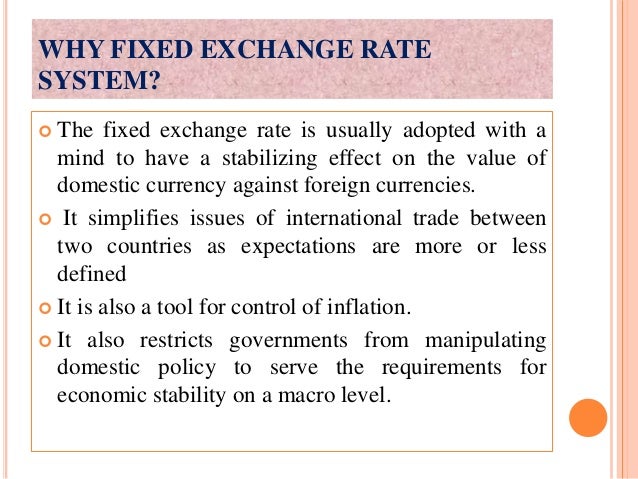
After all, prices of goods and services rise and fall throughout a market economy, as demand and supply shift. However, movements of floating exchange rates have advantages, too.

(Source: Federal Reserve Economic Data (FRED) ) Dollar) by about 14% and again at the end of the year in 2014 also by about 14%. In 2013, there was a drastic depreciation of the Yen (relative to the U.S. This figure shows a relatively stable rate between 20. Dollar can vary when closely looked at over time. Dollar Exchange Rate in Japanese Yen Even seemingly stable exchange rates such as the Japanese Yen to the U.S. Especially in smaller countries where international trade is a relatively large share of GDP, exchange rate movements can rattle their economies.įigure 2. But even in the moderate case of the yen/dollar exchange rate, these movements of roughly 30 percent back and forth impose stress on both economies as firms must alter their export and import plans to take the new exchange rates into account. At worst, large movements in exchange rates can drive companies into bankruptcy or trigger a nationwide banking collapse. As investor sentiment swings back and forth, driving exchange rates up and down, exporters, importers, and banks involved in international lending are all affected. On June 1, 2007, it was 122 yen/dollar, on January 1, 2012, it was 77 yen per dollar, and on March 1, 2015, it was 120 yen per dollar.

On January 1, 2005, it was 103 yen/dollar. On January 1, 2002, the exchange rate was 133 yen/dollar. exchange rate expressed in terms of another fairly stable currency, the Japanese yen, as shown in Figure 2. The major concern with this policy is that exchange rates can move a great deal in a short time.Ĭonsider the U.S. dollar is a floating exchange rate, as are the currencies of about 40% of the countries in the world economy.

Floating Exchange RatesĪ policy which allows the foreign exchange market to set exchange rates is referred to as a floating exchange rate. A nation may adopt one of a variety of exchange rate regimes, from floating rates in which the foreign exchange market determines the rates to pegged rates where governments intervene to manage the value of the exchange rate, to a common currency where the nation adopts the currency of another country or group of countries.


 0 kommentar(er)
0 kommentar(er)
